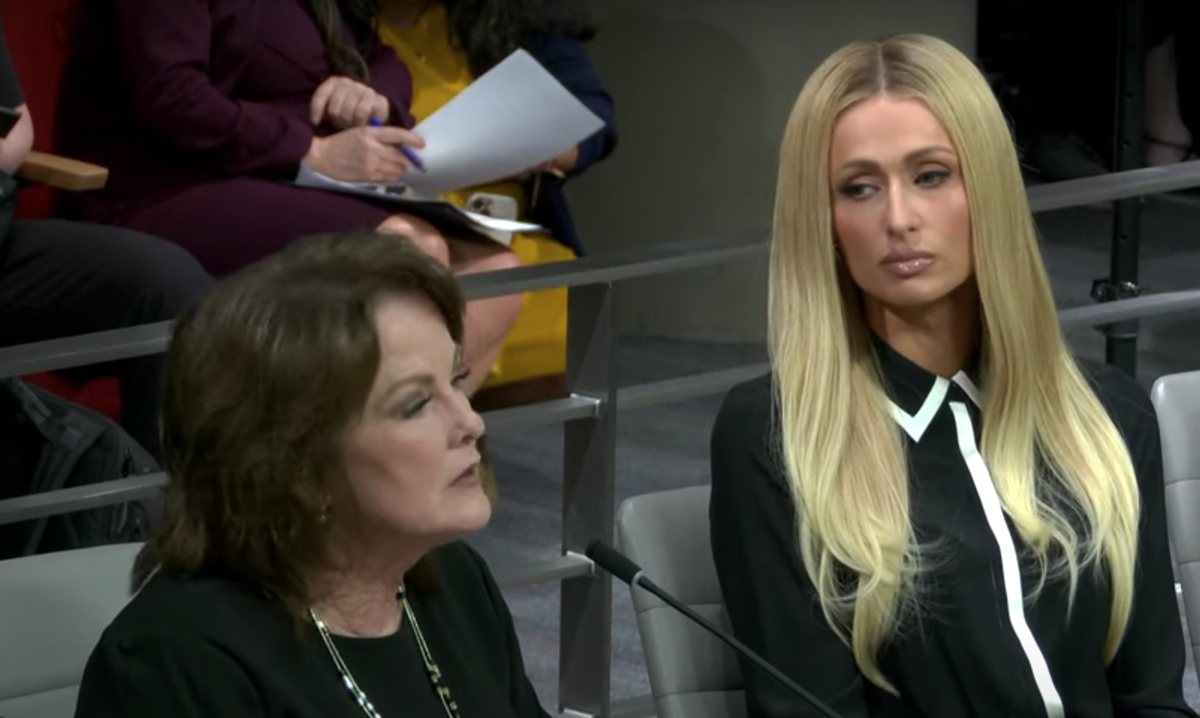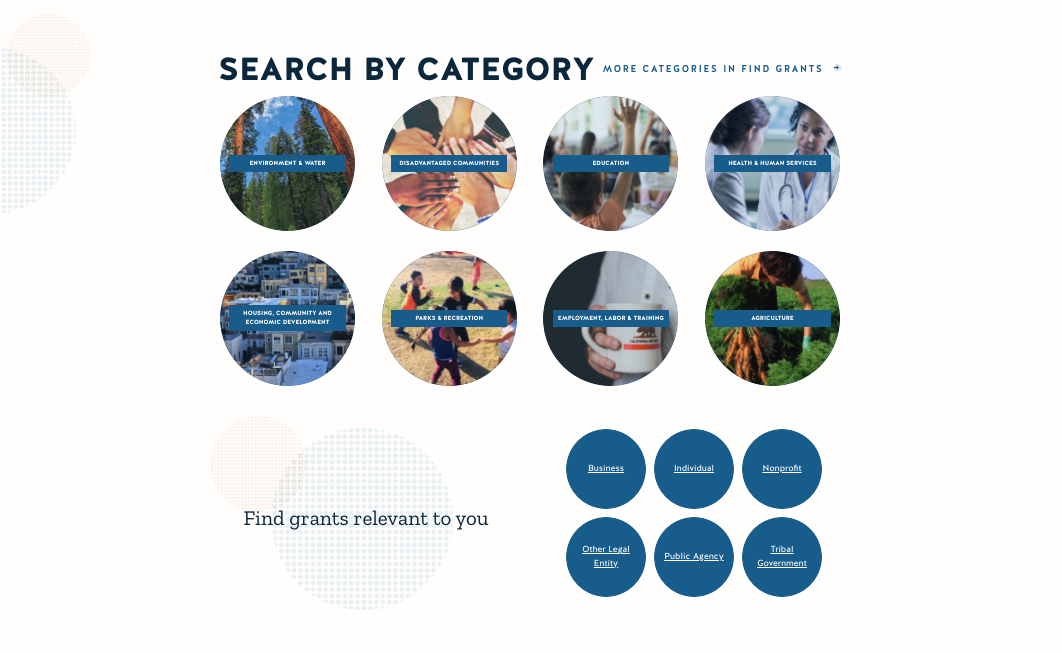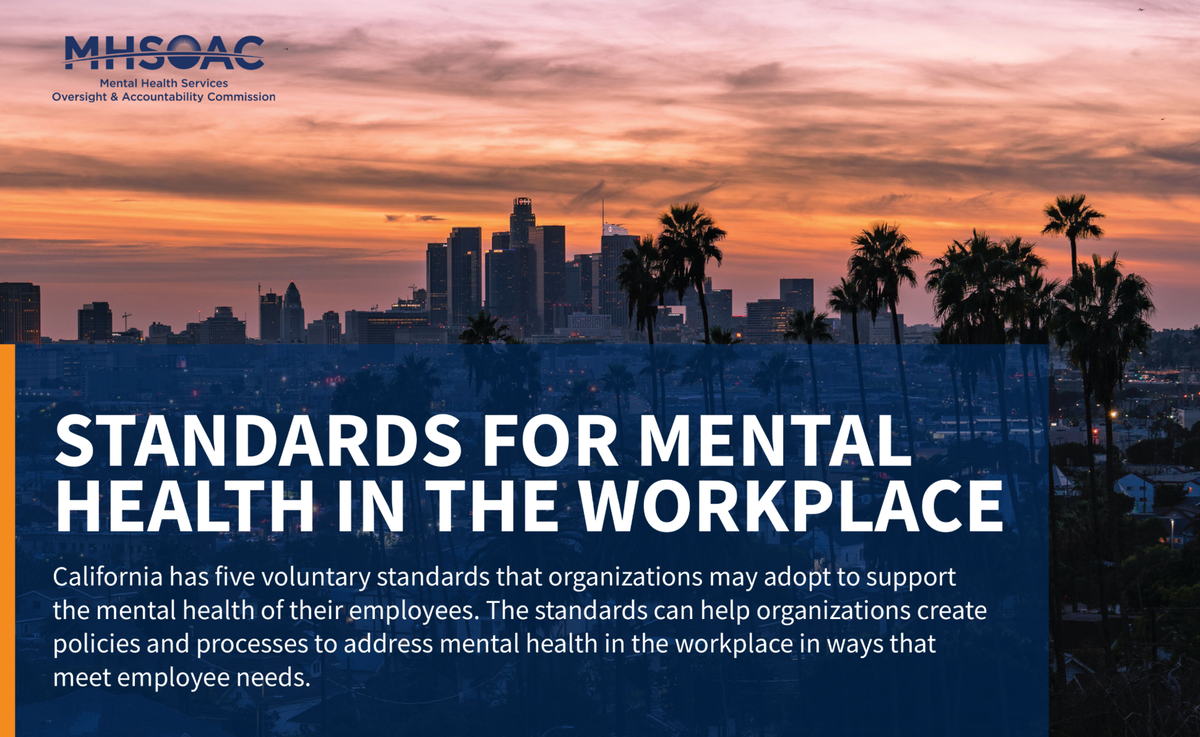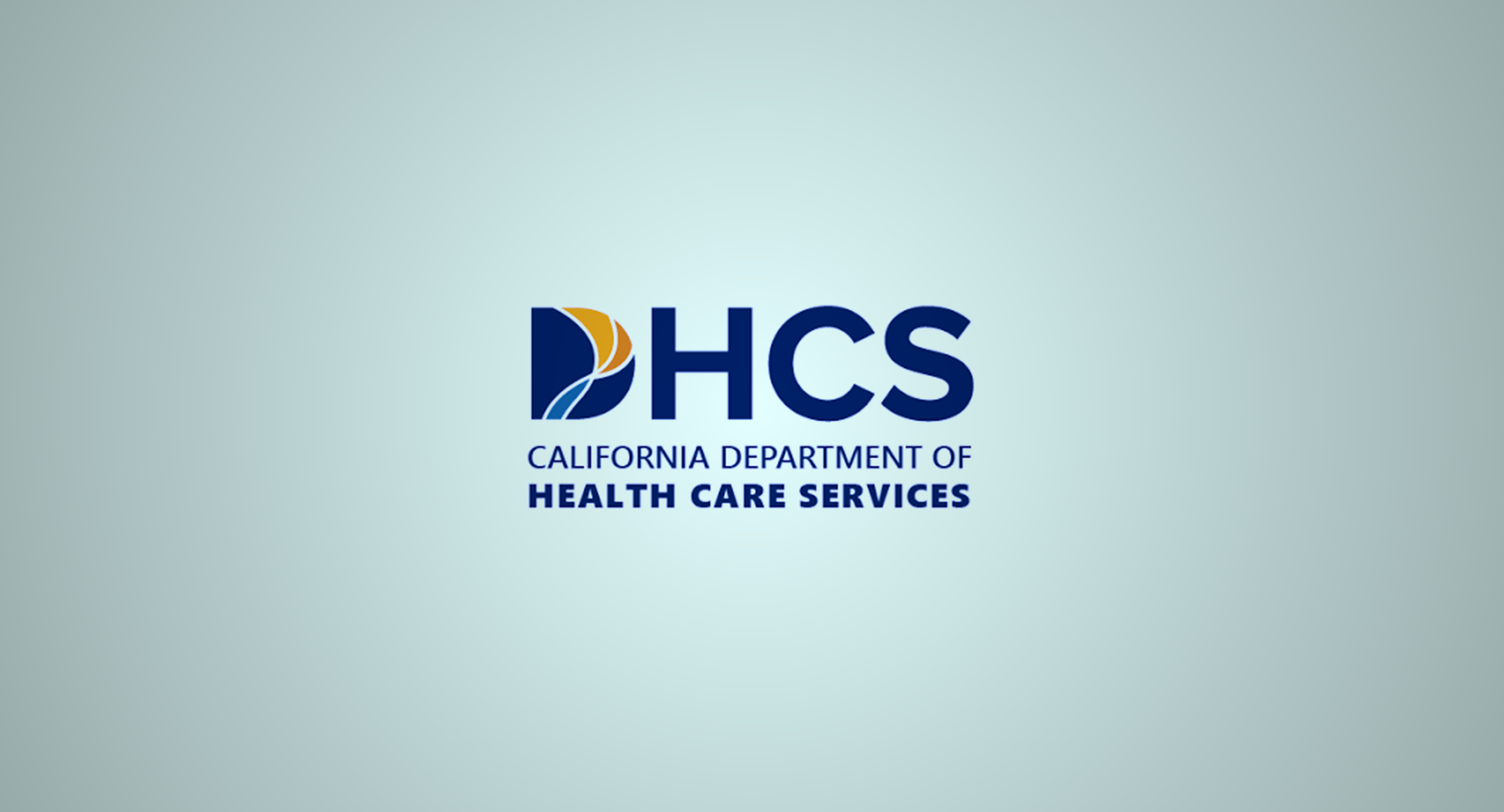About the Department of Health Care Services
The California Department of Health Care Services (DHCS) is the backbone of the state’s health care safety net, overseeing access to critical services for nearly 15 million residents. DHCS is the single state agency responsible for administering Medi-Cal, California’s Medicaid program, which covers a broad range of services—from physical and mental health care to substance use treatment, dental care, pharmacy services, and long-term support.
As of mid-2024, about one in three Californians receives care organized or financed by DHCS, which manages an annual budget of approximately $166 billion. The Department’s efforts are supported by a strong federal-state partnership and a commitment to working alongside counties, community providers, and managed care plans.
DHCS Goals
To meet the health needs of California’s diverse population, DHCS is guided by six overarching goals:
- Be person-centered – Design programs and services with a focus on whole-person care delivered in the community.
- Increase meaningful access – Ensure timely, equitable care by strengthening coverage, benefits, and service capacity.
- Achieve excellence in health outcomes – Reduce disparities and improve system-wide care quality.
- Be an employer of choice – Cultivate a skilled, empowered, and diverse workforce.
- Strengthen operations – Streamline systems and processes to boost program effectiveness.
- Leverage data to improve outcomes – Use information and analytics to guide better decisions and results.
DHCS Directory
The directory below is presented verbatim from the official DHCS Directory. It reflects the internal structure of the Department and outlines how its various offices and divisions work to implement the state’s health care vision.
Director's Office
The Director's Office oversees the organizational purpose of DHCS—to provide equitable access to quality health care leading to a healthy California for all. Coordinating with all programs and divisions of DHCS, the Director’s Office is responsible for policy setting, oversight, and decision making regarding DHCS services, programs and initiatives. The Directorate comprises the Director; Chief Deputy Director, Policy and Program Support; Chief Deputy Director, Health Care Programs; Chief Operating Officer for Programs; Assistant Director; and the State Medicaid Director.
Legislative and Governmental Affairs (LGA)
LGA facilitates, coordinates, and advocates for the development, refinement, and enactment of policy and budget legislation in the interest of public health and the state's health care laws. LGA consults with other DHCS programs and divisions/offices and offers technical assistance to California state legislators and their staff on constituent issues. Additionally, LGA provides information about DHCS' programs and services through briefings, testimonies at informational hearings, and meetings.
Office of Communications (OC)
OC is responsible for DHCS communications designed to engage the media, public, intergovernmental organizations, stakeholders, and other groups interested in DHCS’ agenda. OC manages DHCS’ media and public education and outreach activities and oversees its website and social media, managing its content, accessibility, and usability.
Office of Civil Rights (OCR)
OCR administers and enforces civil rights laws to ensure non-discrimination in all aspects of the access and delivery of health care services provided or administered by DHCS.
Office of Compliance
The Office of Compliance aims to strengthen DHCS' compliance with federal and state laws and regulations by standardizing our approaches for tracking state and federal program requirements, identifying risks, and correcting deficiencies. The Office is responsible for managing, implementing, and leading the Department's internal audits and coordinating waiver submissions to Centers for Medicare & Medicaid Services.
Office of Legal Services (OLS)
OLS provides comprehensive legal services to DHCS' programs and employees. Services include preventive legal advocacy, legislative and policy advice, legal and litigation strategy, Public Records Act request coordination, and litigation support on DHCS matters to the Attorney General's Office. OLS' Office of Regulations and Administrative Services assists DHCS programs with developing and promulgating regulations and other rulemaking activities.
Strategic Planning and Workforce Development Division (SPAWDD)
SPAWDD delivers strategies that contribute to DHCS' organizational effectiveness; identifies, develops, and implements initiatives to enhance the culture and support DHCS' purpose; and oversees DHCS' strategic and workforce and succession plans, enterprise governance, and workforce development.
Behavioral Health (BH)
BH leads DHCS' ambitious agenda to ensure high-quality and accessible specialty mental health and substance use disorder services in Medi-Cal and other public programs. Behavioral Health develops and implements policies and initiatives to strengthen behavioral healthcare access, quality, and service delivery, and achieve equitable healthcare outcomes for Medi-Cal members and Californians served through other programs. BH includes California Behavioral Health Planning Council as well as the Community Services, Licensing, and Certification, Behavioral Health Oversight and Monitoring, and the Medi-Cal Behavioral Health – Policy Divisions.
Health Care Benefits and Eligibility (HCBE)
HCBE provides leadership for benefits and eligibility policy planning, development, implementation, and evaluation of health care services and delivery systems under Medi-Cal and for the Children's Health Insurance Program (CHIP). HCBE includes Medi-Cal Benefits, Medi-Cal Dental Services, Medi-Cal Eligibility, Office of Family Planning, Office of Tribal Affairs, and Pharmacy Benefits.
Health Care Delivery Systems (HCDS)
HCDS develops, implements, and monitors health care delivery to Medi-Cal members through managed care, integrated systems of care, and behavioral health delivery systems. HCDS includes Integrated Systems of Care, Managed Care Operations, and the Managed Care Quality and Monitoring Divisions.
Health Care Financing (HCF)
HCF sets financing policy for the Medi-Cal program, including for the fee-for-service, managed care, and behavioral health delivery systems; county- and school-based services; and safety net provider programs. HCF includes Capitated Rates Development, Fee-for Service Rates Development, Local Governmental Financing, and the Safety Net Financing Divisions.
Quality and Population Health Management (QPHM)
QPHM leads clinical quality, health equity, and population health work to improve health equity and quality of whole person care for all Medi-Cal members. QPHM includes the Population Health Management Division and Quality and Health Equity Division.
Office of Medicare Innovation and Integration (OMII)
OMII works to improve health outcomes, quality, affordability, and equity for Medicare members in California, consistent with the Governor's Master Plan for Aging and CalAIM. OMII partners with teams across DHCS, other state agencies, and stakeholders. Key initiatives include CalAIM Dual Special Needs Plans and efforts to make Medicare enrollment more transparent, improve delivery systems, and increase access to long-term services and supports.
Office of Strategic Partnerships (OSP)
OSP leads large-scale implementation of Department-wide initiatives building relationships with non-traditional health-care partners, such as the Children and Youth Behavioral Health Initiative, CalHOPE, and the CalAIM Justice-Involved Reentry Initiative. The Office works directly with stakeholders, providers, counties, health plans, innovation and philanthropy sectors, other state agencies, the Legislature, and numerous statewide organizations.
Administration
Administration provides various central support services to help achieve DHCS program and operations objectives. Administration's services include human resources management, procurement and contracting services, facilities management, and emergency management. Administration includes the Human Resources, Procurement and Contracting, and Program Support Divisions.
Audits and Investigations (A&I)
A&I is the designated Program Integrity Unit for Medi-Cal, protecting and enhancing the integrity of the health programs administered by DHCS. A&I performs financial and medical audits of health plans and providers and identifies and investigates Medi-Cal provider and member fraud, waste, and abuse. A&I includes Contract and Enrollment Review, Financial Review – Inpatient, Financial Review – Outpatient and Behavioral Health, and Investigations Divisions.
Enterprise Data and Information Management (EDIM)
EDIM is a data service organization that partners with all DHCS programs to meet their data and information needs. EDIM includes the Data Analytics, Health Information Management, and Program Data Reporting Divisions.
Enterprise Technology Services (ETS)
ETS manages Department-wide information technology (IT), including IT strategic direction, enterprise architecture, IT governance, portfolio and project management, IT application and infrastructure operations, and modernization of DHCS’ Medi-Cal Enterprise System. ETS includes Business Operations Technology Services, Information Technology Strategy Services, and the Medi-Cal Enterprise Systems Modernization Divisions.
Fiscal
Fiscal ensures financial transparency and accountability of DHCS resources and programs by leading the Department’s estimating, budgeting, and financial management and reporting processes. Fiscal includes the Financial Management and Fiscal Forecasting Divisions.
Office of Administrative Hearings and Appeals (OAHA)
OAHA adjudicates appeals filed by Medi-Cal providers related to a variety of DHCS actions, such as issues arising from financial and rate-setting audits; the renewal, suspension, or revocation of licenses or certifications; the assessment of fiscal sanctions; the suspension of Medi-Cal providers; denials of Medi-Cal provider enrollment applications; and terminations from participation in the Medi-Cal program.
Program Operations
Program Operations enables DHCS to run Medi-Cal and its other health care programs efficiently and consistently with federal and state laws and regulations. Program Operations include California Medicaid Management Information System—Operations, Clinical Assurance, Provider Enrollment, and the Third-Party Liability and Recovery Divisions.
Related Content and Resources
Explore our in-depth coverage and resources related to DHCS programs, partners, and policy areas:
Mental Health and Behavioral Health News


Medi-Cal Programs and Policy


Licensing, Oversight, and Regulation


Public Health and Prevention


California Health Care Budget and Legislation



Final Note
DHCS continues to evolve in response to the changing needs of California’s population. With a focus on equity, innovation, and partnerships, the Department remains at the forefront of improving how health care is delivered across the state. Whether you're a Medi-Cal beneficiary, a health provider, or a policymaker, understanding DHCS is key to understanding California’s health care future.












